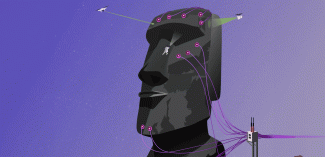
When a patient is admitted to intensive care due to a disorder of consciousness—such as a coma—establishing their neurological prognosis is a crucial yet challenging task. To reduce the uncertainty that precedes the medical decision, a group of...
05.30.2024
Research, science & health
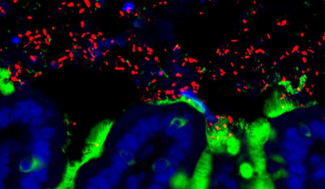
The way we make decisions in a social context can be explained by psychological, social, and political factors. But what if other forces were at work? Hilke Plassmann and her colleagues from the Paris Brain Institute and the University of Bonn show...
05.16.2024
Research, science & health
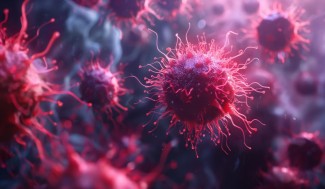
Metachromatic leukodystrophy is a rare genetic disorder that mainly affects young children and results in severe neurological symptoms accompanied by a loss of motor and intellectual capacities. At Paris Brain Institute, Françoise Piguet and her...
04.22.2024
Research, science & health
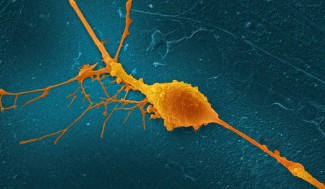
Multiple sclerosis is a heterogeneous disease whose manifestations vary considerably from patient to patient and whose course appears, on the surface, unpredictable. Hence, it is crucial to identify the factors that drive disability progression. In a...
04.02.2024
Research, science & health

A giant billboard flashes on the side of a country road. Why does it catch our attention more easily than other details in the landscape? At Paris Brain Institute, Tal Seidel Malkinson, Jacobo Sitt, Paolo Bartolomeo, and their colleagues show that...
03.26.2024
Research, science & health
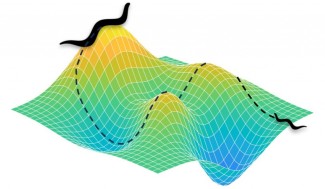
From the very first weeks of life, countless connections are forged between neurons to ensure the propagation of nerve signals. These connections gradually shape the final architecture of the brain, known as the connectome. Our ability to perform...
03.08.2024
Research, science & health
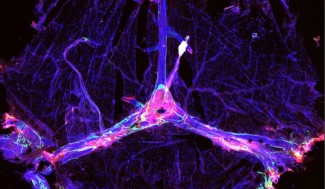
Sometimes, in healthy tissues, mutated cells are seen that may or may not become malignant tumours. This phenomenon has already been described in the endometrium, oesophagus and epidermis. At Paris Brain Institute, Matthieu Peyre and his colleagues...
03.15.2024
Research, science & health

When brain oxygenation is cut off for a prolonged period, the electrical activity of the cerebral cortex is quickly reduced to zero. But that’s not the end of the story… Researchers at Paris Brain Institute, coordinated by Séverine Mahon, have shown...
12.13.2023
Research, science & health
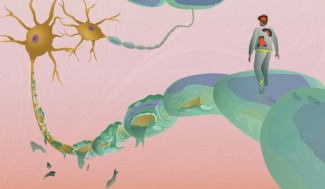
What if the biological mechanisms that cause multiple sclerosis were triggered years before clinical diagnosis? This is what a team at Paris Brain Institute suggests in a new study published in Neurology. The researchers show that, on a population...
12.06.2023
Research, science & health
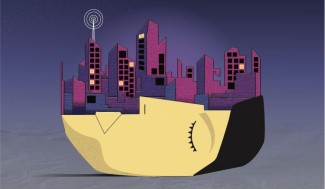
Sleep is not a state in which we are completely isolated from our environment: while we sleep, we are capable of hearing and understanding words. These observations, the result of close collaboration between teams at Paris Brain Institute and the...
10.12.2023
Research, science & health

In recent years, interest in psychedelics and their possible benefit in treating psychiatric illnesses has been revived. Expectations are high, especially in obsessive-compulsive disorder, where patients’ therapeutic options are still limited. At...
10.11.2023
Research, science & health

“ Think of a white sandy beach on a paradise island. Can you see it?” The ability to visualize a place, object, or place on request varies significantly between individuals. But some people cannot conjure up mental images at all: this trait is known...
09.08.2023
Research, science & health

